Restoring work to its sacred function
An argument for the pursuit of meaningful work in the 21st century
When Christopher Hitchens the acclaimed writer, journalist and renowned combatant of organised religion told a packed out auditorium that to be a writer it cannot be something you want to do, “...it must be the thing that you have to do. It must be that without which you could not live," the irony was present.
Known for his polemical hot takes, there was none this time.
Instead this atheist spoke in a tone befitting a preacher. Revealing that where religion had failed for him, writing had taken its place.
Hitchen’s work gave him a reason to live and because of this he experienced it as sacred.
We all have sacred work to do
Sacred work is work that makes you want to live.
It is life-affirming. Rather than taking life away, the effort you put into it gives you energy and keeps you going.
We need only reflect on the mythology of Prometheus who decided of his own volition that humanity deserves fire. Going against the gods orders and descending down Mount Olympus he provided us with the heat of life. In his rebellion he found his work, making a divine contribution to the world.
We too have work to do which may defy the orders given to us by the world. Work that will nurture our soul and by consequence, contribute to humanity.
But first we must understand what sacred work is and why it is foreign to most of us.
When the words sacred and work appear next to each other they seem to be from entirely different worlds
Sacred originates from Latin words that mean holy and purification. Work however has come to mean effort for the sake of survival and brings up visceral reactions of heaviness, burden and sorrow.
In many ways it feels opposite to purification, which can be seen in the ritual of throwing off one’s clothes and going for a shower at the end of the work day. This difference represents our shared experiences with modern careers. A Kafka castle of Mondays that’s never ending. Our society has pushed people to build shells to sustain appearances for work which hides the crumbling ruin of the soul within.
This is why work must be restored to its rightful place: because humanity is starving for sacred work.
In bringing these words together the very concept that has burdened us, work, is the very thing that can liberate us.
Sacred work is our saving grace.
“My share of the work may be limited, but the fact that it is work makes it precious.”
— Helen Keller, author and activist
1. Sacred work is not solely for the wealthy or the lucky
Every single person has sacred work to do on this earth.
It is not reserved purely for the wealthy, the young, the monks in churches or the artist who got lucky and was discovered by an agent. It is for everyone.
Because in the life of every human being there are important unfolding patterns of existence that seek expression — what we might simply call our storylines. One of the most important storylines running through our lives is what we’re here to contribute to the world. And knowing the type of contribution, also known as our calling, comes from us.
It is not based on what the economy wants or desires. Rather it’s grounded on what we are uniquely gifted to bring forth into the world. Which, ironically, elevates not only the economy but more importantly the whole of humanity because of its rippling effect.
Just imagine what the world would look like if every single person you knew was pursuing work that they felt deeply connected to and you’ll understand the profound impact pursuing sacred work can have on the world.
However right now this fact is hidden.
As any biology student knows, we carry genes that are not expressed in our physical traits. For example, we may have brown eyes but we may also carry the gene for green eyes. The code is there within even if it’s unseen.
In the same way we have sacred work within us and it is often lying dormant. However the major difference between our eye colour and sacred work is that we have the ability to bring it into our existence and pursue it in the world. It is our choice. Perhaps conditions such as parents, societal norms and cost of living are hindering it from appearing, but it’s there. Waiting for activation like a quiet volcano.
To think sacred work is only for others is like thinking only a few humans carry the code for eye colour variation. Which is why we must learn to see our work differently, with hues, shades and spectral pigments of who we are, waiting to be painted into our everyday lives.
“If Bacchus ever had a color he could claim for his own, it should surely be the shade of tannin on drunken lips, of John Keat's 'purple-stained mouth', or perhaps even of Homer's dangerously wine-dark sea.”
— Victoria Finlay, Writer and Journalist
2. Sacred work is an antidote to meaningless suffering
We do not need to suffer at work.
People will go through tremendous amounts of pain for jobs and careers that they aren’t born for nor care deeply about. This is on account of survival and knowing no other way.
Yet, when we find our calling and pursue it with devotion, we feel this reverence for the work. A serenity in our own outpouring.
This gift, experiencing what we’re put onto this earth to do, immerses us in a life worth living. So even when we do come up against challenges we know deep down that it’s worth it. This sustaining force helps us to persevere and overcome.
In other words, when we pursue sacred work we do not suffer in meaninglessness. Rather if we do suffer it’s because it’s for something — the transcendent, the act, the other and the revealing of one’s self.
When teenage Charlie Parker who became one of the greatest Jazz musicians of all time was in his bedroom he would play the saxophone for 12+ hours a day. The neighbours would complain and his mother feared eviction. But he could not be stopped.
He played and played and played and in hearing about this creative teenager who was obsessed with the saxophone, we must ask ourselves why? If we take a look at the state of the world in 1936-1940, we see the Great Depression, pre-war tension and intense racial inequality raging throughout the US.
Take that horn away from Charlie Parker and what do you have?
A world where he’s steeped in pain and meaningless suffering. The worth of existence enters the mind and one naturally questions the point of it all. But give him that horn and let him blow, and bear witness to a sustaining force that gave him meaning.
“I realised by using the high notes of the chords as a melodic line, and by the right harmonic progression, I could play what I heard inside me. That's when I was born."
— Charlie Parker, Jazz Musician
3. Sacred work is the highest form of service
Our work is our ultimate contribution to humanity and serving humanity is fundamentally human.
If we think about humans that we admire, whether they are famous past icons like Frida Kahlo or Joan Didion or modern names like Fred Again and Ocean Vuong or whether it’s people we know personally like a friend or peer, we admire their contribution.
We recognise that they’re doing something of worth that is beyond the scope of the ordinary. A reflective occurrence that instills us with inspiration and at the same time, instructs us on where the higher aim is mounted. This admiration can help us feel when our work is missing the sacred.
Because giving to the world is not simply helping others in any way we can—it’s about helping others in the best way that we can.
Which means that we cannot help fully if we are ignorant of ourselves and instead need to work on coming into a deep congruence with an awareness of what our soul desires. This is where our ultimate contribution is seeded at birth and where it awaits its bloom.
Around 2019 a young nurse of about the age of 29 came to me seeking guidance on her career path. She told me that she wanted to help others. Hearing this I was taken aback because the nursing profession is known as a hallmark career for helping others.
Only a year later it would be announced by news outlets around the world as the most compassionate profession one could pursue, with people cheering in the streets as mask stricken nurses got into their cars every morning. Which is why I was confused. I asked her, “...but you are helping others aren’t you?” To which she replied, “Yes, but there’s something missing.”
What became clear was that she was helping but had an inclination that there was an ultimate way for her to serve which wasn’t being met as a nurse. The nursing profession was for someone else.
There was another form of work waiting for her that would be able to act as her ultimate contribution to humanity.
“I was changed forever by people’s messages about what it had meant to them and the stories of their life and how they’d allowed it into their space… You can see the person at the show and you can meet them afterwards, and every song I make is endlessly inspired by that dialogue. I’m forever indebted to these people who make the music what it is.”
— Fred again, Record producer, singer, songwriter, multi-instrumentalist and DJ (Speaking with The FADER)
4. Sacred Work sanctifies the self
Our work rids ourselves of who we are not and allows who we are to emerge.
It is in the consecrated effort of pursuing it that we come to know ourselves in a way we couldn’t have without it. Meaning that work is a part of our identity formation. Which is why it’s important that we do work that is true to the core of who we are. Because doing work that feels off centre creates an imbalanced society with groups in it that seek to rebalance the world through the rejection of any form of work, right down to the rejection of the word itself.
This is where traditional work has gone fundamentally wrong. It seeks to contort people into identities that are not their own, causing deep self-suffering.
Sacred work, however, does the opposite.
Sacred work asks us to bring forward parts of ourselves that are lying dormant within us. Parts that are raw, far reaching and yearning to breathe. The more we do it, the more we emerge in the world. Becoming proud of the work we do and proud of the person staring at us in the mirror every morning.
During the Middle Ages the building of monumental cathedrals was seen as a reflection of faith and a place to pour the community's creative energy. Beautifully crafted cathedrals still stand today as testament to the work that was done. The Notre-Dame de Paris and Milan Cathedral are just two examples with the latter cathedral taking 579 years to complete. One can only imagine the detailed planning, the foresight, the ongoing problems and resolutions that needed to be solved to bring this to life. Navigating the mortar which could only be used during the warmer months to resources and funding running low during economic hardship.
We look at these monuments in awe and even travel from around the globe to take a photograph but we need to also imagine the incredible transformation that took place upon those who helped build them. Every brick placed required precision, every sketched draft required skill and every act required belief to see the work through to the end.
The people who worked on the cathedrals would have been fundamentally changed because of it.
In other words, these cathedrals aren’t simply monuments of devotion, they’re a reflection of the inner sanctification that can occur within us when we pursue work that is true to our core.
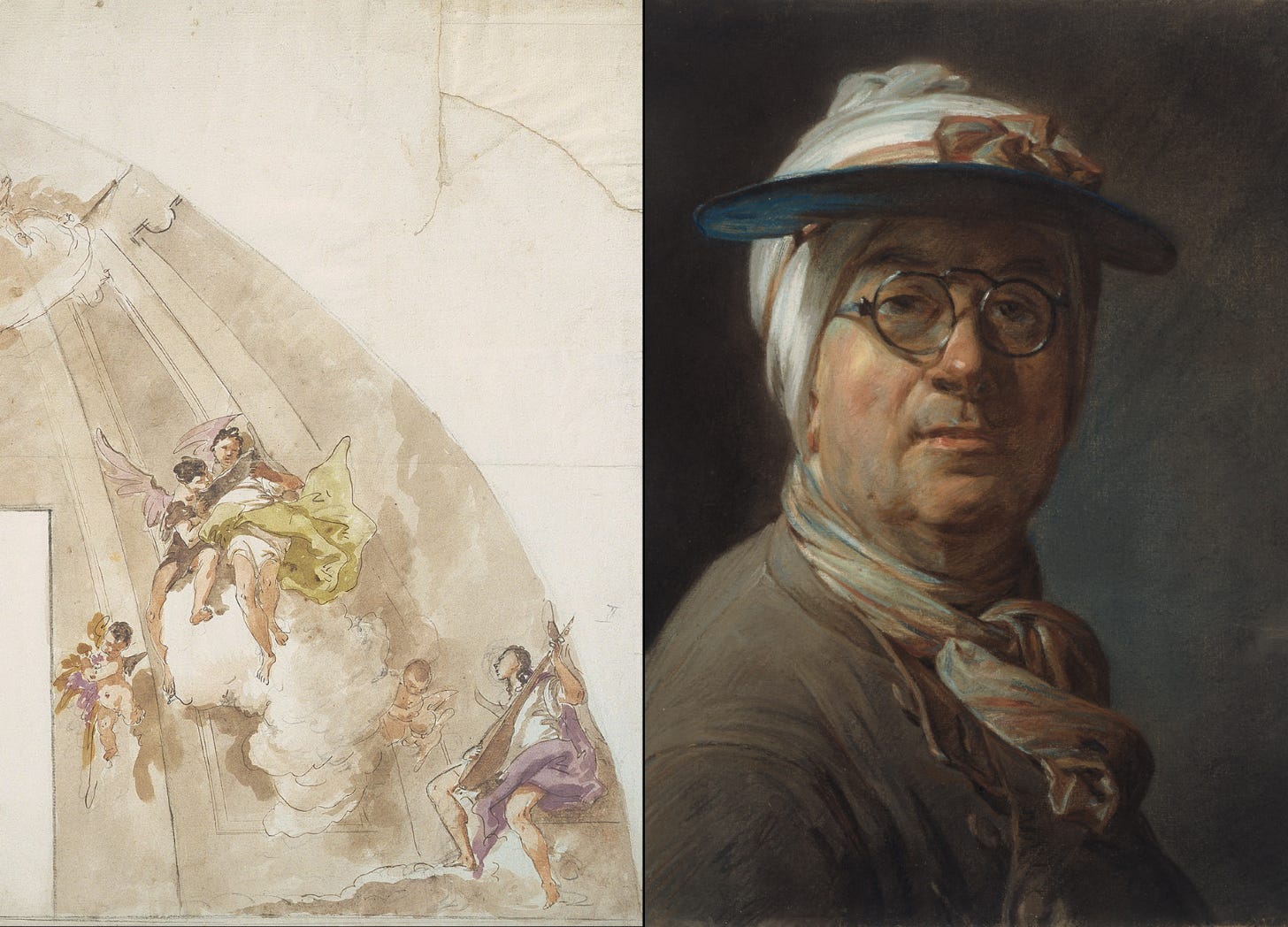
"A rock pile ceases to be a rock pile the moment a single man contemplates it, bearing within him the image of a cathedral." – Antoine de Saint-Exupéry, author of The Little Prince
Helpful Questions to ask yourself
Do you believe doing work that you love is for a chosen and lucky few?
What activities do you naturally pursue which make life feel worth living?
Who are you inspired by in this world and what do they contribute to humanity?
What types of work have you ever done, paid or unpaid, that gave you the space to become someone you were proud of being?
We all have sacred work to do which is life-affirming
This is why it’s important that if we don't know what it is, we find it. And if we do know what it is, we don’t let anyone sway us from the pursuit of it.
Because by doing our sacred work in the world we serve humanity, sanctify the self and find the divine here on earth.
Remembering through the words of the late Christopher Hitchens, “...it must be the thing that you have to do. It must be that without which you could not live.”
To discover your unique Career Archetype & choose your vocation or career path with conviction — enrol in our Career Archetypes Course + Community. 🖥
For more insights & encouragement follow us on Instagram @thecareerarchetypes, subscribe to our YouTube channel or tune into The Career Archetypes Podcast on Spotify 🎧





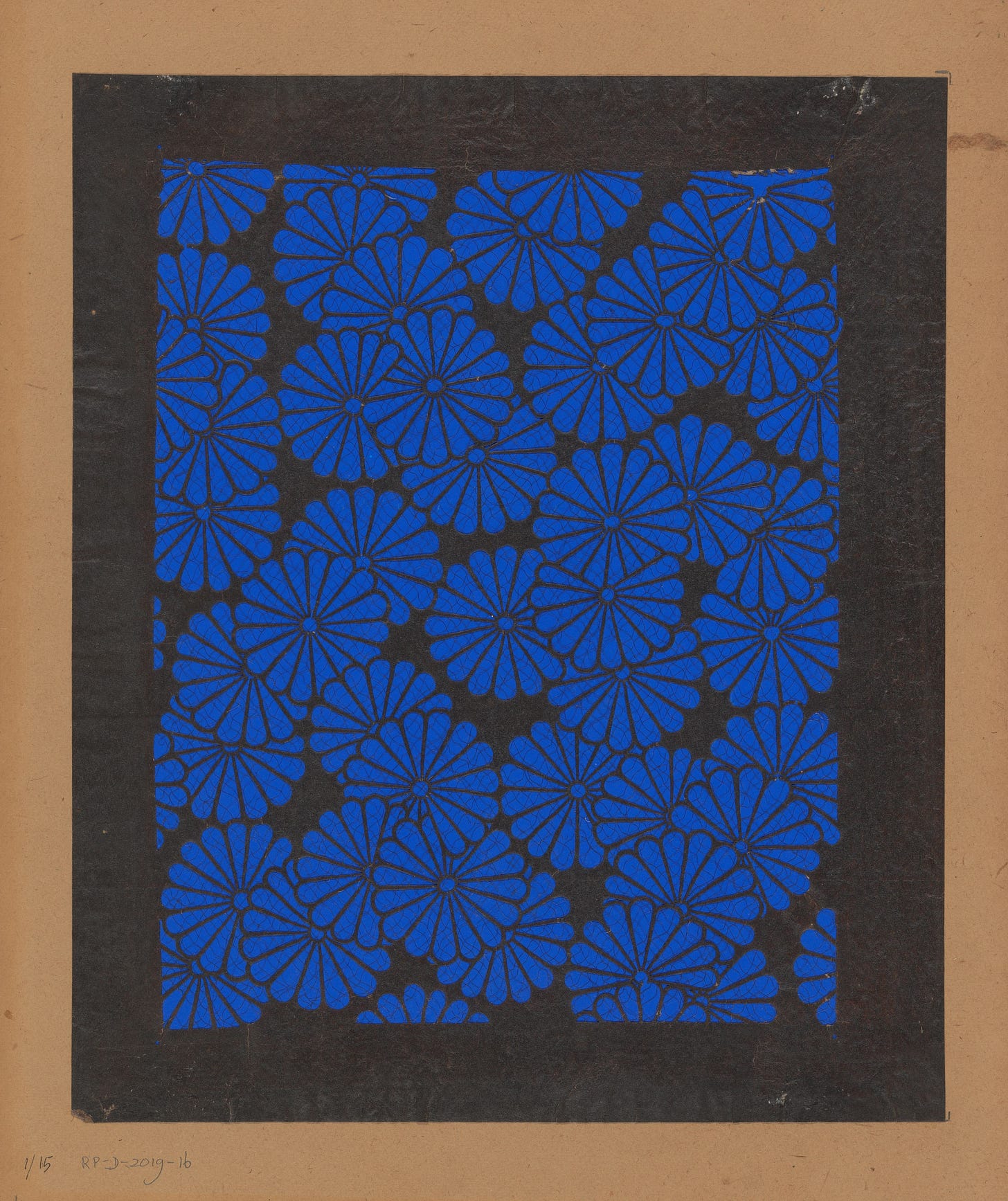
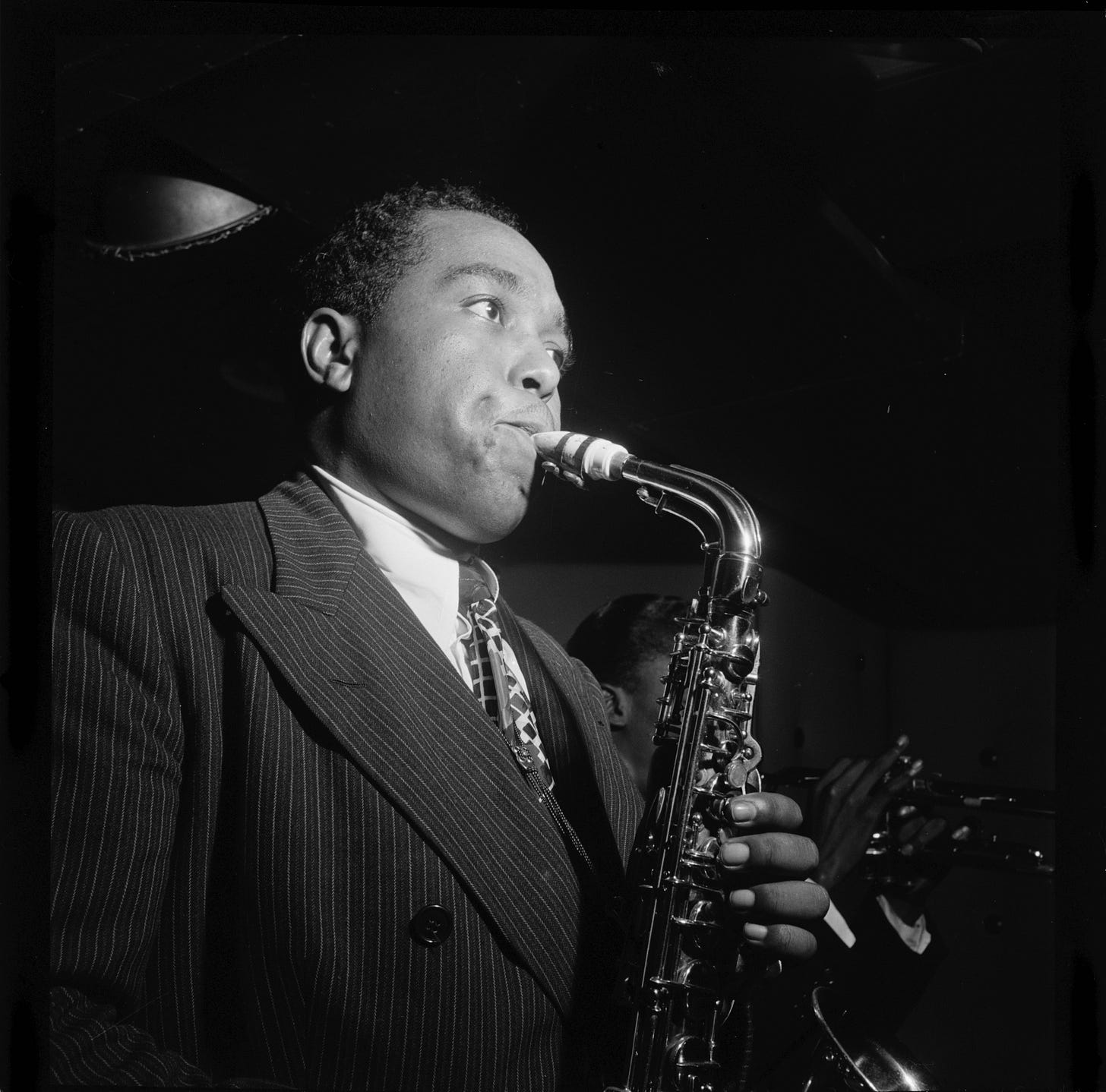
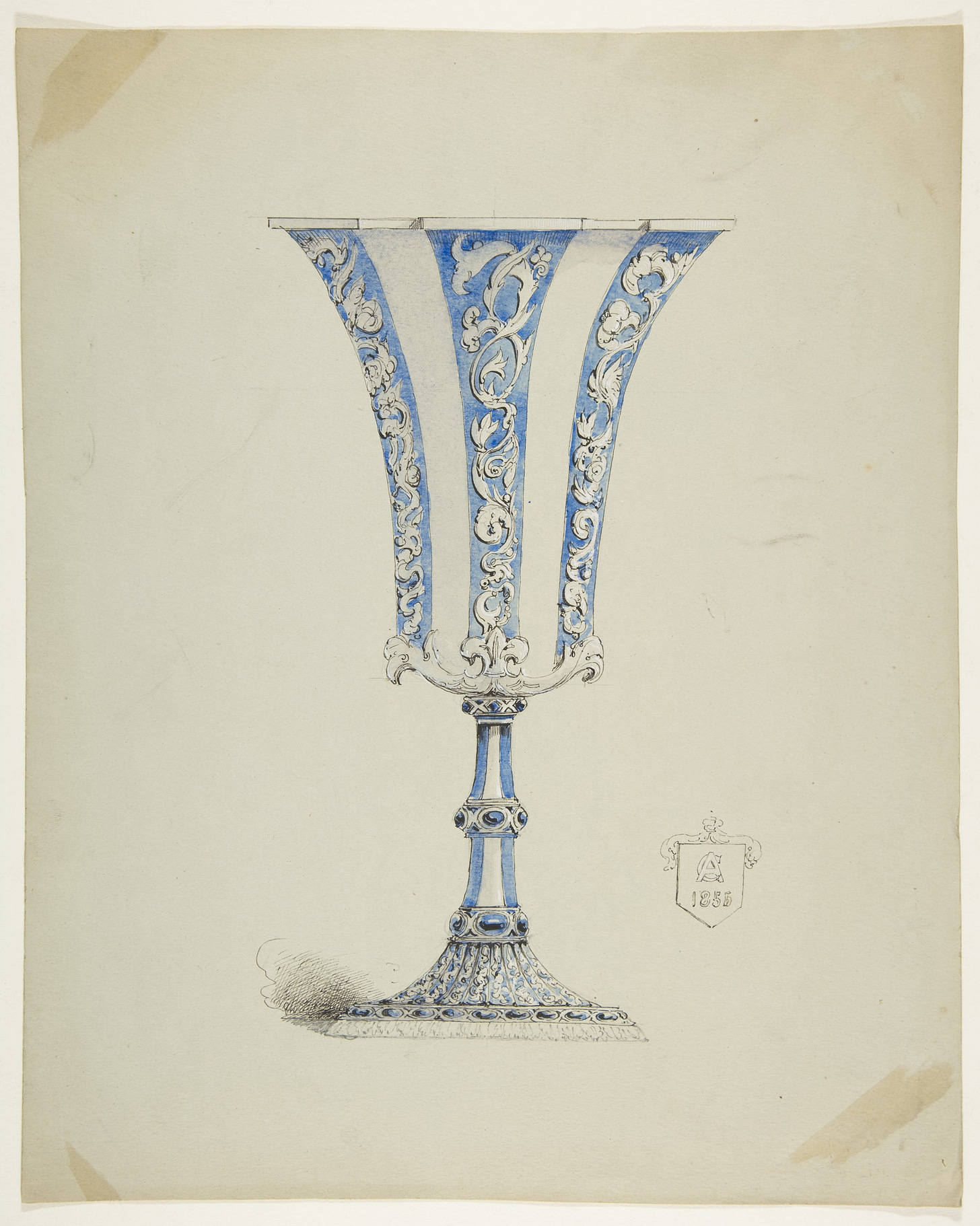
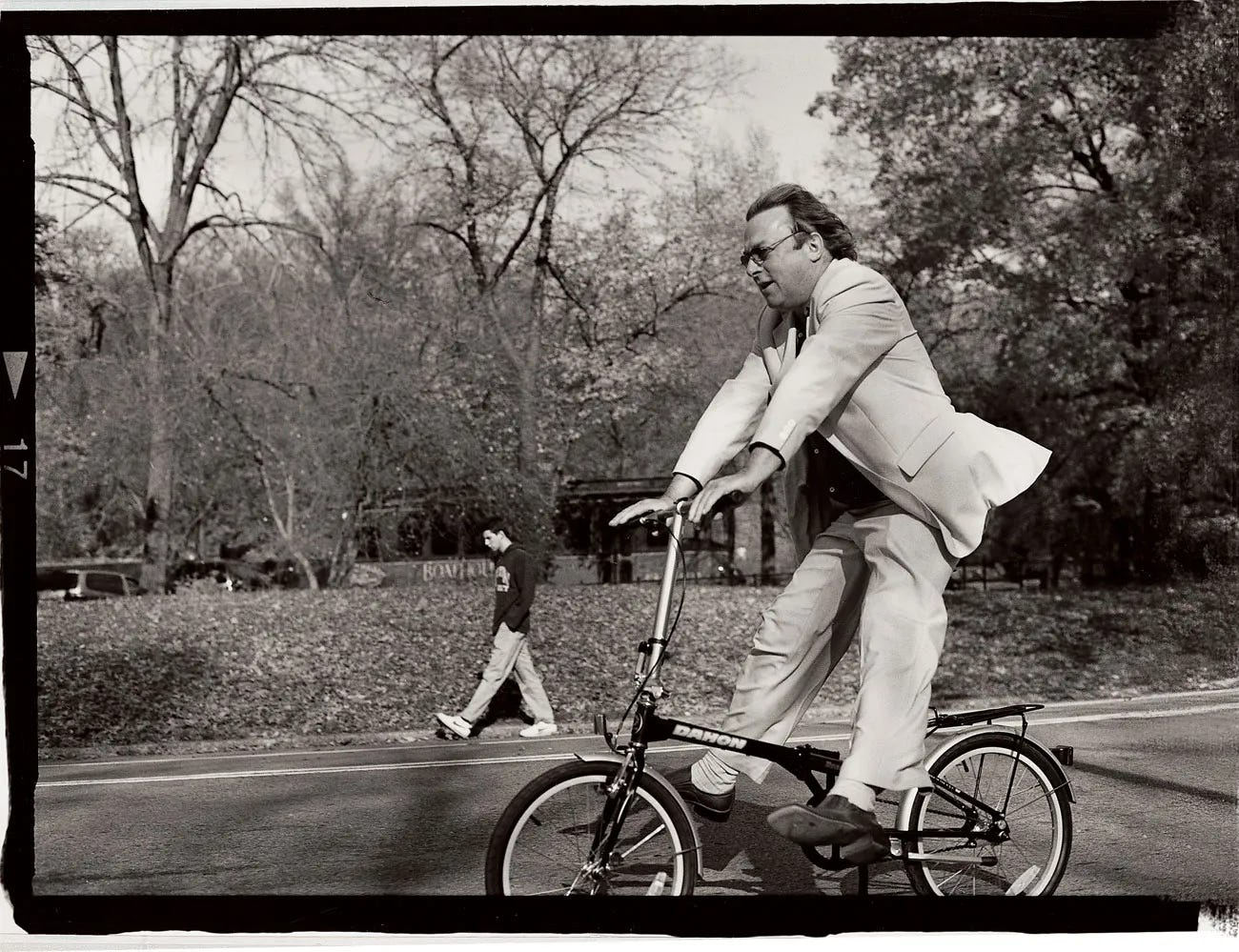
this was a stunning read. as someone who has climbed the corporate ladder, been on the trading floors at jp morgan, graced forbes lists, and worked with the capitalist behemoths... i can tell you that it means nothing - absolutely nothing - if you don't feel alive. i am finally doing my most meaningful work by diving into the depths of my lineage and helping others to reclaim their roots. it is unpaid (for now) and i am my happiest. thank you joel for giving me a term for it - "sacred work".
This is fantastic Joel. I am finally on my best work right now and it feels so different from other jobs, it’s not a job it’s a calling and one for life. Thank you for your writing and passion to help others! 🕊️